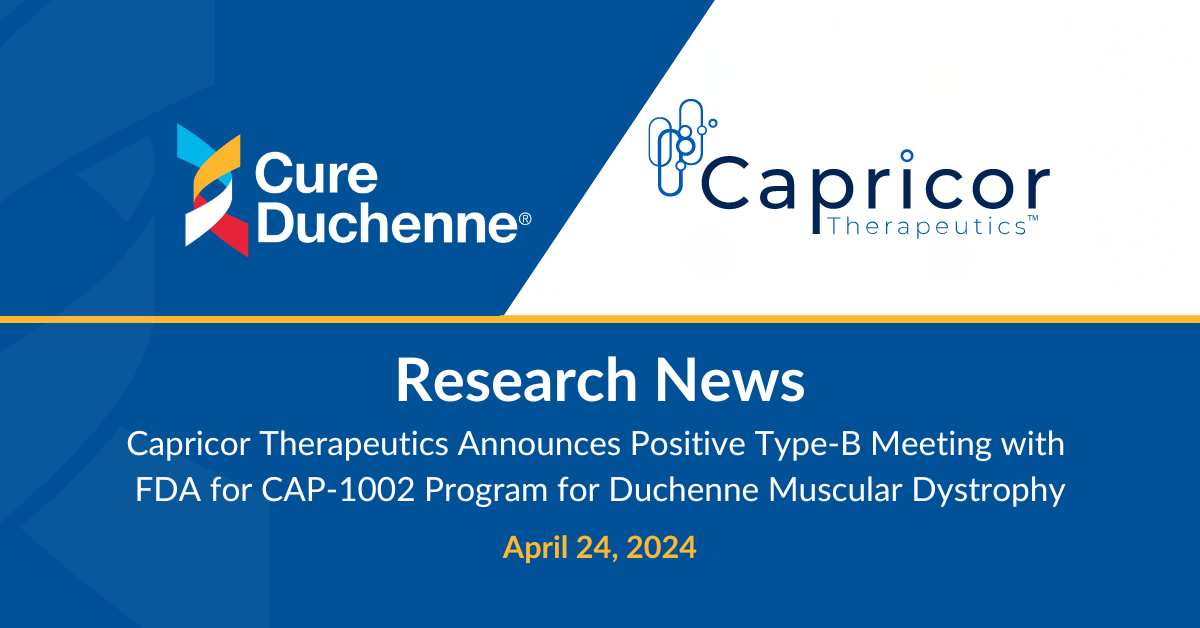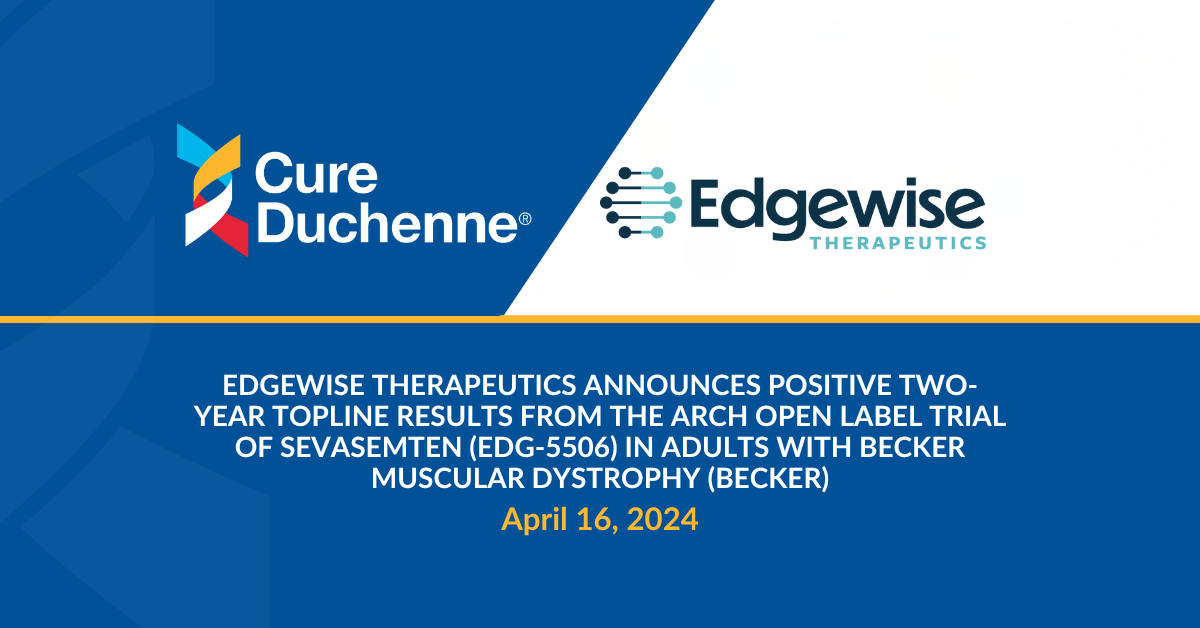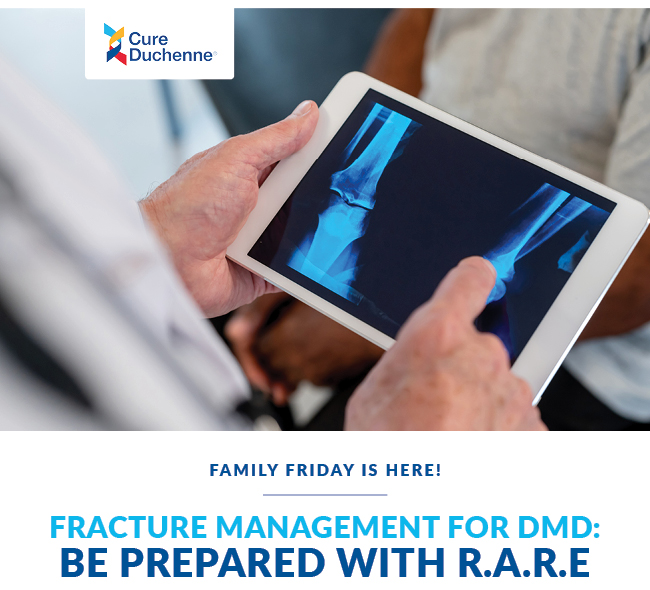Recap of PTC Therapeutics Community Conference Call Re: Ataluren

PTC Therapeutics held a community conference today regarding Ataluren. Stuart Peltz, President and CEO, PTC Therapeutics, Inc., welcomed and thanked the community as well as provided an overview of the dispute process. The call included a Q&A session with questions that were submitted to the company in advance as well as during the call.
- Thanks to your efforts for Advisory Committee and beyond
- We are extremely disappointed in FDA’s action
- Every delay in getting Ataluren to patients in U.S. frustrates us
- We are appealing through a Formal Dispute Resolution. This process allows us to appeal to a different group at the FDA, Office of New Products which sits above the Neurology Division The formal dispute process is relatively quick process. We plan on submitting request next week. The process takes about30-90 days
Q: What is the formal process?
A: The division that rendering the decision was neurology. The Office of New Produces is above this group and is at a higher level and we hope they take a fresh look. We will explain why we are disputing the decision and why drug should be approved by our perspective. They may want more data. It is typically a 30-day process or they can extend it. We will provide additional information they request.
Q: Are they going to consider the testimony from advisory committee?
A: Patients presented written statements and videos. Everything that was submitted will be available to the Office of New Products, as well as letters from physicians.
Q: What happens is FDA says no?
A: We need to wait to see what next outcome is.
Q: Is the formal process like an appeal?
A: It is one in the same. The dispute process allows us to bring data to a different group and it is real advantage to us.
Q: How this decision impacts other 041 trial?
A: There is no bearing on that trial. That trial has multiple site opens and are continuing the study as planned
Q: Can they render a positive decision for full approval?
A: We have to wait to see how they respond, they could grant a full approval or accelerated approval
Q: What is the worst-case scenario how does it impact the 016 program?
A: We will continue the appeal process and be very transparent as we move forward
Q: Is there a team at PTC engaged with FDA?
A: P:TC has a team working in US with approval process and team working on creating documents to get information to the FDA. We anticipate there will be interaction between PTC and the FDA.
Q: Will they review different information than submitted before?
A: All the information that was in the application describes the primary and secondary endpoints. The totality of the data, the preservation of function of walking, up and down steps, preservation of pulmonary function will all be presented These are convincing results and positive long-term effects.
Q: Can FDA convene a group to look at data again?
A: We expect it be a robust process.
Q: Why do the young men talking at Advisory Committee have results that seem better than what the FDA sees??
A: These patients have been on ataluren for multiple years. Long term results are what’s important. We need to make sure the FDA understands that the one year trial data does not represent the true long-term benefit.
Q: Is this a standard process?
A: It’s not unusual for companies to have disputes with FDA. The FDA has guidelines because it happens relatively frequently. There are always different people who might have different point of view.
Q: Can new testimony be submitted?
A: Please continue to send stories to FDA. The patient voice is very important.
Q: How can the community talk to reviewers?
A: Patient voice is critical in helping people understand to bring the drugs to patient population. The FDA is a public service and you have the right to talk to them.
Q: Why do trials require steroid use?
A: The first study did not require patients to be on steroids. What we learned is steroids are extremely important for function, in guidelines, natural history, publication patients should be on steroids. If you review the literature, best standard of care includes steroids.
Q: Will there have to be additional studies? Would 041 trial count?
A: The global study for European approval is underway. We anticipate this important step in the process.
Q: Can clinicians and physicians engage with FDA interaction on their own?
A: Yes, they can interact with FDA.
Q: What can families do to support the process so voices are heard?
A: Write letters, send notes, receive a response, voice being heard, know important to be heard. Do what you think is best to move process forward.
Q: How can we learn about formal process?
A: Go to FDA.gov
Q: If ataluren, isn’t approved would PTC consider compassionate use?
A: PTC has the largest compassionate use program for a drug of its kind. We have 150 U.S. patients on drug. We are committed to health of patients, and we will not interrupt care now. We will reevaluate throughout the process.
Q: Who at FDA be contacted?
A: Reach out at FDA.gov or through advocacy groups.
The entire PTC team is determined and fighting hard to provide access to all US patients with nonsense mutations.




